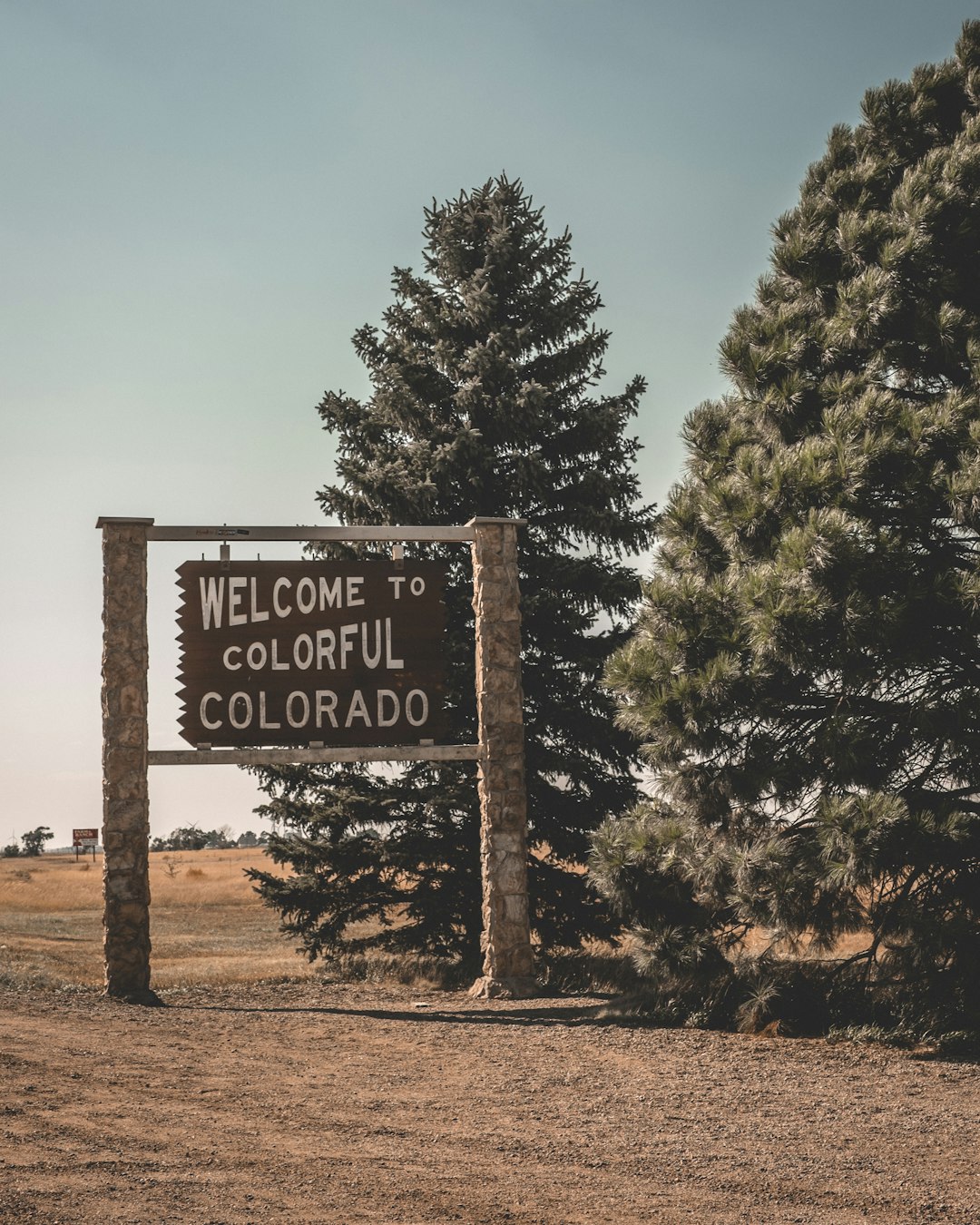In Colorado, both state and federal laws protect consumers from intrusive debt collection calls. The Telephone Consumer Protection Act (TCPA) and Colorado's specific regulations set strict rules for debt collectors, including timing restrictions, consent requirements, and "do not call" requests. Knowing these laws empowers Coloradans to deal with unwanted calls effectively. If experiencing harassment from debt collectors in Denver, understand your rights under the Fair Debt Collection Practices Act (FDCPA) and document interactions. You can report violations to the Federal Trade Commission (FTC) or consult a specialized attorney for legal recourse. Unwanted call law firms in Colorado offer guidance and representation to protect your rights. Placing your number on the Colorado Public Utilities Commission (PUC) Do Not Call list and demanding debt validation can stop relentless calls. Engaging a professional unwanted call law firm Colorado is recommended for effective communication with collectors and legal protection if needed.
Tired of relentless debt collector calls? You’re not alone. In Denver, understanding the unwanted call laws in Colorado is crucial for protecting your rights. This guide breaks down debt collection practices and your legal recourse under state regulations. Learn effective strategies to stop unwanted calls and discover when seeking help from a reputable unwanted call law firm Colorado can make all the difference.
Understanding Unwanted Call Laws in Colorado

In Colorado, there are strict regulations in place to protect consumers from unwanted calls, particularly those related to debt collection. The Telephone Consumer Protection Act (TCPA) extends these protections nationwide, but Colorado has its own specific laws that enhance and complement these federal guidelines. For instance, debt collectors in Colorado cannot call you before 8 am or after 9 pm, except under certain circumstances, such as if you have given explicit consent.
Moreover, a debt collection law firm in Colorado must obtain your permission before calling, often through a signed agreement or clear verbal consent. They must also provide an option for you to request that they stop contacting you, known as the “do not call” request. Understanding and knowing these laws can empower individuals to assert their rights and deal with unwanted calls from debt collectors more effectively.
Identifying Debt Collection Practices

If you’re receiving unwanted calls from debt collectors in Denver, it’s crucial to understand their collection practices. According to the Unwanted Call Law Firm Colorado, debt collectors must adhere to specific rules and regulations set forth by the Fair Debt Collection Practices Act (FDCPA). This federal law protects consumers from aggressive or harassing behavior during debt collections. Identify if a call is unwanted by checking if you’ve requested not to be contacted or if the collector is violating your rights under the FDCPA, such as calling at unreasonable times, using abusive language, or threatening legal action without intent to follow through.
Recognizing these practices can empower you to take action. Document each interaction, noting the date, time, and details of the call. If a collector breaches the FDCPA, you have legal recourse. Reporting these violations to the Federal Trade Commission (FTC) or consulting with an attorney specializing in consumer debt rights can help ensure your rights are protected and put an end to unwanted calls from debt collectors in Denver.
Your Rights When Dealing with Collectors

When facing unwanted calls from debt collectors in Denver, understanding your rights is crucial. According to the Fair Debt Collection Practices Act (FDCPA), a federal law designed to protect consumers from abusive and unfair collection practices, you have several rights as a debtor. One of these is the right to request validation of the debt, meaning the collector must provide proof that the debt is indeed yours and that it’s accurate. You’re also entitled to stop them from contacting you at certain times, such as after 8 pm or before 9 am, unless you give written consent for them to do so.
Additionally, the FDCPA prohibits collectors from using abusive language, making false claims, or employing unfair practices. If a collector violates these rules, you can file a complaint with the Federal Trade Commission (FTC) and seek legal action. A Colorado unwanted call law firm can guide you through these rights, help you understand your options, and represent you if needed to ensure debt collectors adhere to the law.
Effective Strategies to Stop Unwanted Calls

If you’re being bombarded with unwanted calls from debt collectors in Denver, there are several effective strategies to help you stop these relentless calls. The first step is to understand your rights under Colorado’s Unwanted Call Law firm regulations. This law protects consumers from unsolicited telephone solicitations and provides a framework for how debt collection agencies must conduct themselves. Familiarize yourself with the rules and exercise your right to request cessation of communication.
One powerful tool is to place your phone number on the Do Not Call list maintained by the Colorado Public Utilities Commission (PUC). This list prevents businesses, including debt collectors, from calling you unless they have your prior consent or a valid business purpose. Additionally, consider informing the collector that you wish to exercise your legal rights and request validation of the debt. By doing so, you initiate a process where the collector must provide proof of the debt, giving you time to gather your finances and decide on payment options without constant pressure from phone calls.
Legal Recourse and Seeking Help

If you’re experiencing persistent unwanted calls from debt collectors in Denver, it’s crucial to understand your rights and available legal recourse. According to the Telephone Consumer Protection Act (TCPA), telemarketing calls—including those from debt collection agencies—to cell phones are prohibited without prior express consent. If a debt collector violates this law, you can file a complaint with the Federal Trade Commission (FTC) or seek legal action through a unwanted call law firm Colorado.
Seeking professional help from an attorney specializing in consumer rights and debt collection laws is advisable. They can guide you on how to navigate your situation, assess potential legal options, and communicate effectively with the debt collectors. An attorney can also represent you if the matter escalates, ensuring that your rights are protected throughout the process.






